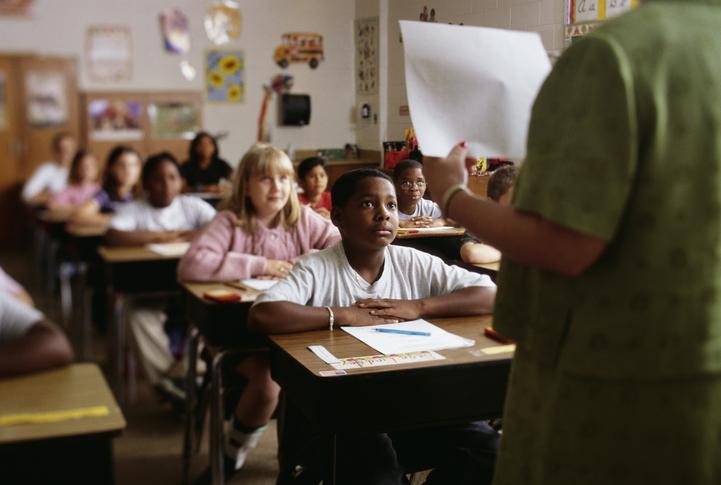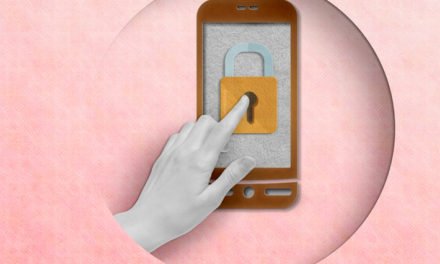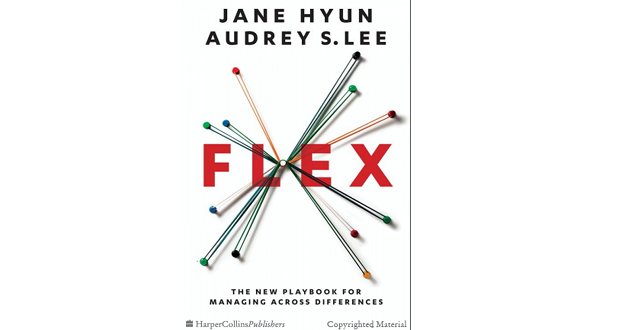
Recently I posted a status on Facebook in response to the school closings related to the COVID-19 pandemic. It stated, “Public education for our Black/Brown kids, poor Black/Brown kids all but sucks anyway. Hopefully we take this time to, in a genuine way, examine the conditions of our public education system for Black/Brown children.” The response I received was quite shocking to say the least.
The overwhelming majority of individuals who were offended by my comments could not deny and even agreed with the data that backed my claim. The data I brought to their attention pointed to the various shortcomings of public education as it relates to the experience of Black students. The three examples I focused on were:
- How Black students are consistently exposed to the climate of bigotry.
- How teachers who prioritize Blackness in their lessons are pushed out or silenced.
- How efforts to recruit and retain Black teachers are often baseless and insufficient.
And this was before I discussed the statistics associated with:
- Disproportionate numbers of Black students being funneled into special education,
- The overwhelming numbers as it relates to Black students represented in the school-to-prison pipeline; and
- How Black students are far less likely to be identified as gifted.
I found myself perplexed to say the least trying to fathom how individuals who are aware of the facts still deemed my status troubling and/or initially made the claim it was outright “fake news.”
Then it hit me—my statement on public education pointed to a larger dilemma inherent to society as a whole: We find it difficult to accept truth. The truth in my original post was “Public education for our Black/Brown kids, poor Black/Brown kids all but sucks!” One of the fundamental principles of education is truth, and I believe we must accept this truth to begin the healing process. In that vein, I ask two questions that hopefully will help move us toward accepting this truth:
- Why is it difficult for society to accept truth?
- Does public education care about Black/Brown students?
Dr. King once stated, “Speak truth and you will be led to the true meaning of all things.” I believe this quote to be extremely relevant to one’s ability to adopt a line of thinking that is clear and pervasive in its truth. Using Dr. King’s words and reflecting on the examples highlighted earlier in this post as a guide, let us address question number one: “Why is it difficult for society to accept truth; more specifically why is it difficult for those of us within education to accept the reality of Black/Brown students in this system?” I would challenge each of you to reflect on this question:
- Does the experience of Black children, as a whole, in public education enrich, enhance, and empower their lives in a way true to who THEY are?
You may say yes. However, the reality of the matter is that two things can both be true: you may value the lives of our babies and take loving them seriously while simultaneously missing the mark on providing them with content and experiences that speak to the ancestral spirit engrained in their DNA.
You may value the lives of our babies and take loving them seriously while simultaneously missing the mark on providing them with content and experiences that speak to the ancestral spirit engrained in their DNA. Share on XIt is my belief that any genuine analysis of question one should force you into a deep examination of question two: “Does public education care about Black people?”
In order to bring this question to life, I want to highlight a period in our nation’s history. The year is 2005—September 2005 to be exact—and NBC Universal is airing a concert to aid in relief efforts from one of the most devastating time periods in our nation’s history: Hurricane Katrina. About a month prior to this concert, we experienced this horrific Category 5 storm that saw the loss of over 1,500 lives. During this concert, many celebrities were asked to join in on the efforts to raise funds in support of the relief. But the one who stole the show was, by far, Kanye West. It wasn’t what Kanye was known for most (music) that caught the attention of the world, but rather Kanye’s artistically raw portrayal of the stark reality that Black people faced during this time. He capped this monologue with the statement, “George Bush doesn’t care about Black people.”
Kanye highlighted the structural inadequacies that exist for Black people in America (by design). Now, while this was in response to a “natural disaster,” I would venture to say the same sentiments around systemic pitfalls that lead Kanye to make that statement can be highlighted in the world of public education, where we lose far more than 1,500 Black lives yearly. The system of education is by far the most consistent and aggressive assault on Black lives. Since the moment the first Black body was stolen from Africa, education has been rooted in racism and oppression. I have become increasingly infuriated with the constant disregard for Black folks at every critical touchpoint in the system of education, which leads me to the second question I pose for each person steeped in this work, “Does public education care about Black people?”
The system of education is by far the most consistent and aggressive assault on Black lives. Since the moment the first Black body was stolen from Africa, education has been rooted in racism and oppression. Share on XBefore you answer, consider the following:
- Does your classroom, building, or district assist Black students in discerning the truth from falsities about who they are as people?
- Does your classroom, building, or district genuinely seek out representation for ALL their students?
- Does your classroom, building, or district prioritize Blackness (outside of Black History Month)?
- Do the majority of Black students who leave your classroom, building, or district truly leave prepared to think critically and intensively?
Based off your reflection on the information presented to you in this article, can you truly push back against my original claim, “Public education for Black/Brown students all but sucks?”


















